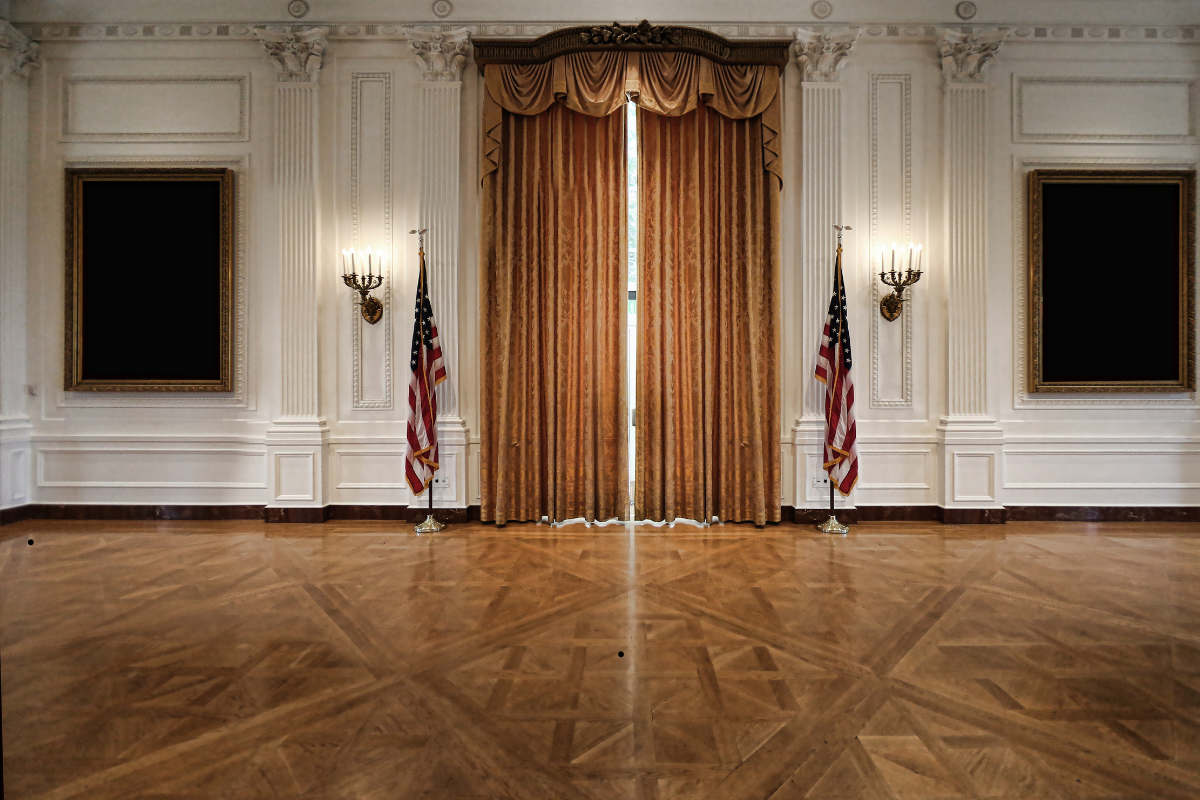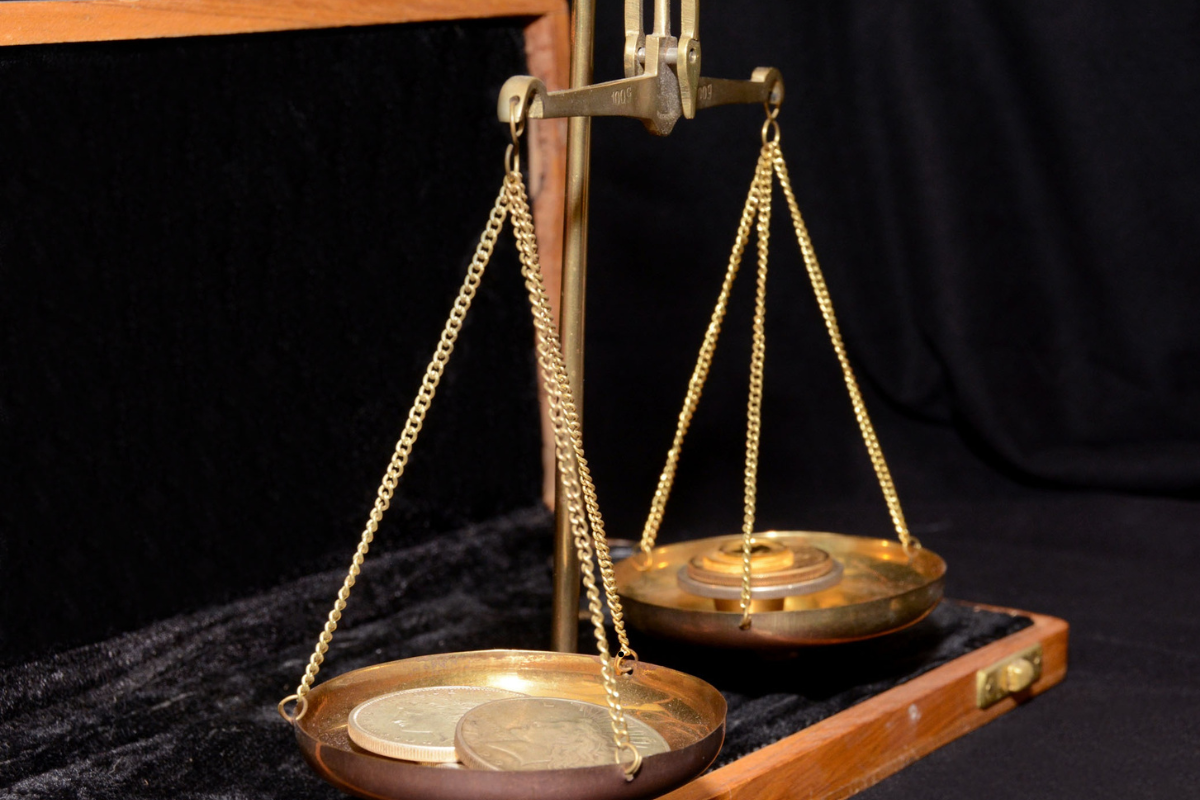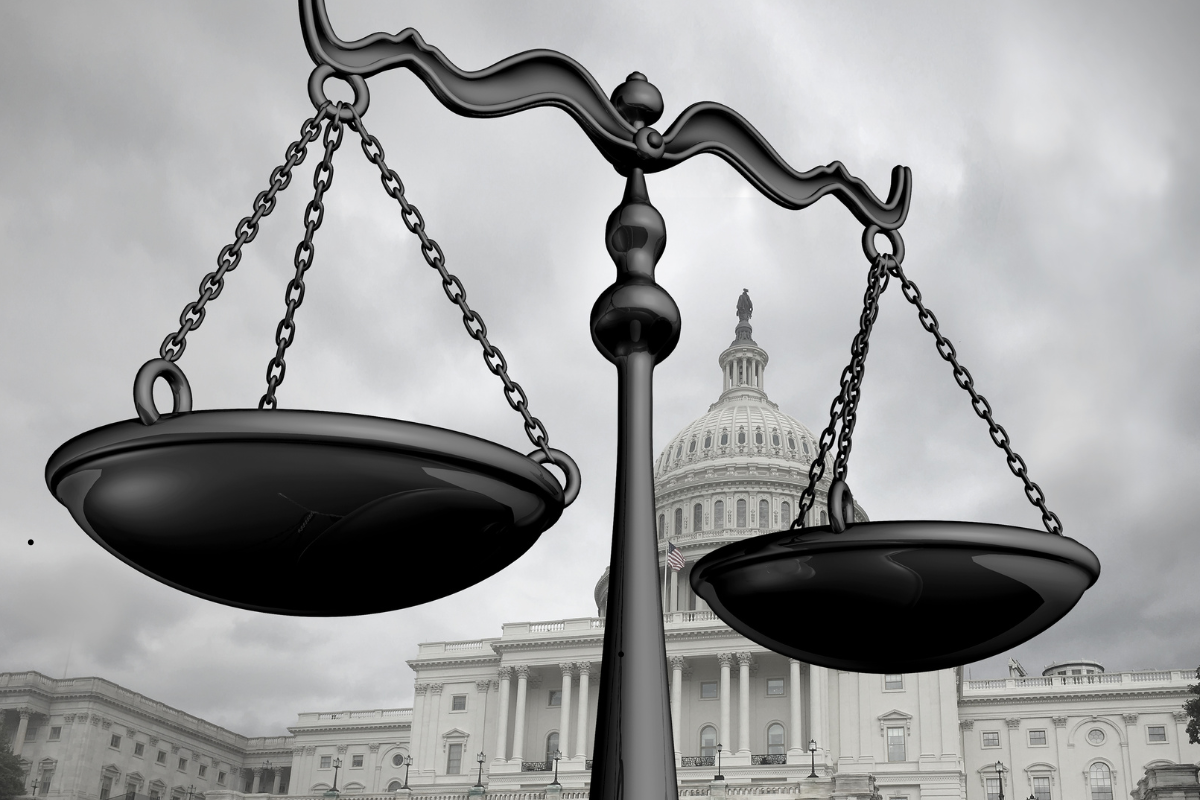America’s British Culture, and Reaffirming American Pride With Queen Elizabeth II
Next year will be the Semiquincentennial anniversary of the United States’ Declaration of Independence. The lead-up to such an anniversary provides us, on both sides of the pond, with the opportunity to reflect on and reaffirm our cultural heritage and our history. A good starting point for this reflection and affirmation is 1976, when Queen Elizabeth II visited the US during the Bicentennial celebrations. The Queen referred to it as the “200th birthday of America”. The Queen remarked at the White House that “history is not a fairy tale.” Indeed, history matters, and a shared history even more so. Relatedly, having a common culture that binds and ties people together is paramount. In Russell Kirk’s ‘slim’ book America’s British Culture, he discusses “the ways in which British culture is central to American society” and that “the British mind and British experience, for more than a dozen generations, have shaped the American culture.” We may ask in what ways has this been the case? Kirk states four ways, which he refers to as “folkways”. Dr. Kirk’s framework of language, law, representative government, and mores is advantageous here, as we can see that both President Gerald R. Ford and the Queen, during her 1976 visit, reflected upon and reaffirmed America’s British culture and these folkways.
During her Royal visit to the United States, Her Majesty’s goodwill tour included successful stops in Philadelphia, New York, Virginia, Connecticut, and Massachusetts. In New York City, the Queen addressed the United Nations General Assembly. In Philadelphia, the Queen arrived at Penn’s Landing aboard the Royal Yacht Britannia. One can now pay a visit to the Royal Yacht as it is a visitor attraction in Edinburgh, Scotland. The Queen and Prince Philip visited City Hall and the Liberty Bell at Independence Hall. She gifted a Bicentennial Bell to the city, which was from the same foundry as the Liberty Bell, which was symbolic. Of course, the tour also included the White House.
During this visit, President Ford and the First Lady, Betty Ford, hosted a State Dinner on July 7 in the Rose Garden, “In honor of Her Majesty Queen Elizabeth II and His Royal Highness the Prince Philip, Duke of Edinburgh”. Betty Ford wrote in her autobiography, just over two years later, that the state dinner with Her Majesty was one of the “most glamorous” of her time at the White House. At the state dinner, the Queen and Ford toasted each other. These toasts are fascinating to understand how these two Heads of States and two public service-oriented persons saw the relationship, indeed the “friendship” between these two “sovereign nations” within the “English-speaking world”. Ford said to the Queen that Americans are “very delighted” by her visit to the US and “by your gracious participation in this great reaffirmation of American pride.” Additionality, the Queen’s “Bicentennial visit” as well as and the “generous gifts from the British people”, were, according to Ford, “vivid reminders” of the US and UK’s “continuing vitality” of “friendship” and “partnership.” Indeed, the Queen was grateful to be invited and remarked that she was “deeply grateful for having been invited to visit the United States in the main week of your Bicentennial.”
Turning back to Kirk. He stated that the first folkway is “the English language and the wealth of great literature in that language.” The Queen, in her toast in the Rose Garden in 1976, also pointed to the importance of “our shared language”. The Queen noted that “despite the good intentions” on both sides of the pond, “hostility soon broke out between us and even burst into this house.” Her Majesty also remarked that: “Two hundred years ago this week, America declared its independence from Britain and for several years the English-speaking world was at war with itself and families on both sides of the ocean were deeply divided.” Nevertheless, she emphasized that “these early quarrels are long buried.” The English language is far more important to the two nations than these early quarrels. Indeed, Dr. Kirk noted that now America was “bestriding the world”, this means that the “English language should be of even greater advantage to Americans today than it has been in the past.”
Kirk then provided us with his second folkway, which is the law. Kirk wrote that “the rule of law, American common law and positive law” was “derived chiefly from English law.” Ford, in his toast, noted “British law” as an important part of America’s British heritage. Ford said, “During our 200 years as an independent nation, the United States has never forgotten its British heritage,” and a core element of this was “British law”. Kirk believed that this law, this folkway, “gives fuller protection to the individual person than does the legal system of any other country.”
The third folkway that Kirk provides us with is “representative government”. According to Kirk, this is “patterned upon British institutions that began to develop in medieval times, and patterned especially upon ‘the mother of parliaments,’ at Westminster.” Ford believed that “British Government” was another core part of America’s British heritage. Ford then provided the general example that America’s “Founding Fathers served in British colonial legislatures,” and that they “fought in British military forces,” and they “learned representative self-government from British books and practices.”
The final folkway is “a body of mores, or moral habits and beliefs and conventions and customs, joined to certain intellectual disciplines.” Ford said, “four centuries ago, the British came to a wilderness and built a new civilization on British custom”. Ford then claimed that despite this British heritage “the colonists from England and other lands created in America a civilization different from that of the mother country.” Kirk argued that British beliefs and social institutions “still have influence upon Americans” and this “has not much diminished with the elapse of four centuries.” The Queen in her toast argued that “traditions and history have given” the US and UK “a common vision of what is right and just.” Ford said that the two nations’ “continuing relationship is a reassuring symbol of our determination to continue the defence of freedom.” He added that Britian’s and America’s “reconciliation”, “friendship” and “firm alliance” seems “natural” to us due to our shared “devotion to human dignity.” These commitments to freedom, dignity and the “ties that bind us together” have “served as a bulwark” for freedom. Additionally, Ford argued that “these ideals” were “born and nurtured in our common past.”
Yet, Ford did note the fact that the US “dissolved the political bands that connected us” but the US was a “nation that adapted the best of British traditions to the American climate and the American character.” Both Ford and the Queen, in their toasts, referred to John Adams. Ford mentioned Adam’s conversation with Queen Charlotte, when Adams said:
Permit me, madam, to recommend to Your Majesty’s royal goodness a rising empire and an infant virgin world. It will, in future, be the glory of these kingdoms to have peopled that country and to have sown there those seeds of science, of beauty, of virtue and piety, which alone constitute the prosperity of nations and the happiness of the human race.
Ford called this Adam’s prophecy. This prophecy is “that England would someday be proud of the United States.” Indeed, the Queen said that “over the generations the British people have watched with admiration - and can I say with pride - how you, with ingenuity and resource, first peopled and settled the continent and then undertook a world role which has brought great and lasting benefits to humanity.” It seems that the Queen was validating Adam’s prophecy.
Kirk argued that if America’s “cultural heritage” were “neglected,” the consequences would be a “brutishness in private life” and either “anarchy or the mailed fist in public life.” Perhaps, we could add a mix of the two. The build-up to the Semiquincentennial anniversary provides us with the chance to engage in cultural renewal and invigoration on both sides of the ocean. Kirk emphasised that both the American culture and the British culture will continue to influence each other. Perhaps, we can learn from each other through our reflections on the need for cultural renewal and the rekindling of our pride in the achievements of the English-speaking world. As the Queen said, “One thing is certain, and that is the strength and permanence of Anglo-American friendship.”
Visiting Postdoctoral Researcher at the Ludovika University and a Wilber Fellow at the Russell Kirk Center.
Related Essays




